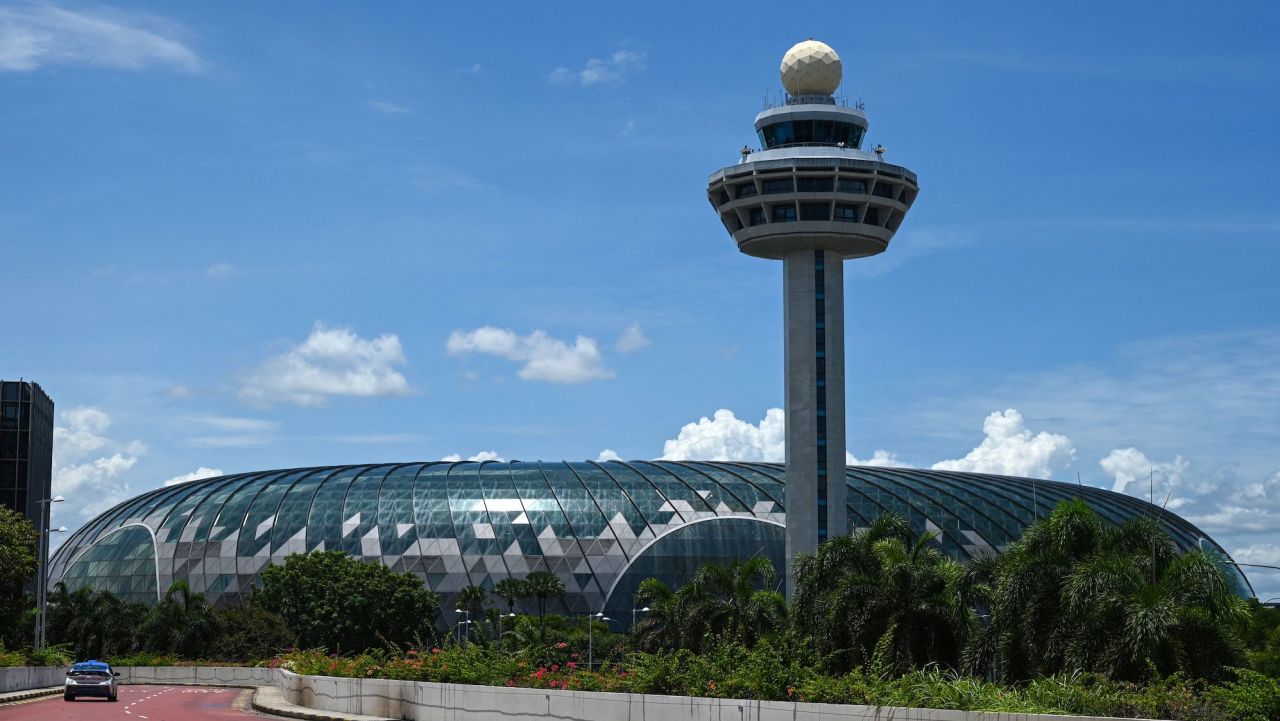Singapore Changi Airport, often regarded as one of the best airports in the world, is set to become even more traveler-friendly. Starting in 2024, the airport will introduce an automated immigration screening system that allows passengers to leave the capital without a passport. Instead, biometric data will be used for identification.
Singapore’s Communications Minister, Josephine Teo, announced the upcoming changes during a parliamentary session where amendments to the Singapore Immigration Law were approved. This move will make Singapore one of the first countries to adopt automated, passport-free immigration control.
Biometric technology, including facial recognition software, is already in use at Changi Airport’s automated queues at immigration checkpoints. The new system aims to further streamline the travel process by eliminating the need for passengers to repeatedly present their travel documents. Biometrics will be used to create a “single authentication token” that can be used across multiple touchpoints in the airport, from baggage drop-off to immigration and boarding.
It is important to note that passports will still be required for countries outside of Singapore that do not offer passport-free travel. Teo emphasized that the changes are aimed at enhancing convenience and efficiency within the airport.
Singapore Changi Airport is not only known for its exceptional service but also its ability to handle a high volume of passengers. In June, the airport recorded over 5 million passenger movements, surpassing the 5 million mark for the first time since the onset of the COVID-19 pandemic in January 2020.
The airport currently has four terminals but plans to expand with the construction of a fifth terminal to accommodate the growing number of travelers. The implementation of the biometric system is expected to facilitate passenger flow and support Changi Airport’s goal of returning to pre-pandemic air traffic and passenger levels.
The adoption of biometric identification at airports is a growing trend worldwide. Dubai International Airport introduced biometric “Smart Gates” in 2018, using facial recognition to verify travelers’ identities in just five seconds. Other major airports, including Hong Kong International Airport, Tokyo Narita, Tokyo Haneda, Delhi’s Indira Gandhi International, London Heathrow, and Paris Charles de Gaulle, have also implemented varying degrees of facial recognition technology.
Furthermore, some countries, such as Aruba, have already introduced digital IDs that meet international standards. These digital IDs allow travelers to use secure digital versions of their passports on their smartphones.
In the United States, airlines like American Airlines, United, and Delta have been experimenting with biometric baggage check-in, drop-off, and boarding gates at select airports for the past couple of years.
The future of hassle-free travel seems to be heading towards biometric identification, as it offers convenience and efficiency while meeting security standards. As Singapore Changi Airport works towards enhancing the travel experience, other airports around the world are also embracing advancements in biometric technology to improve passenger flow and security.
